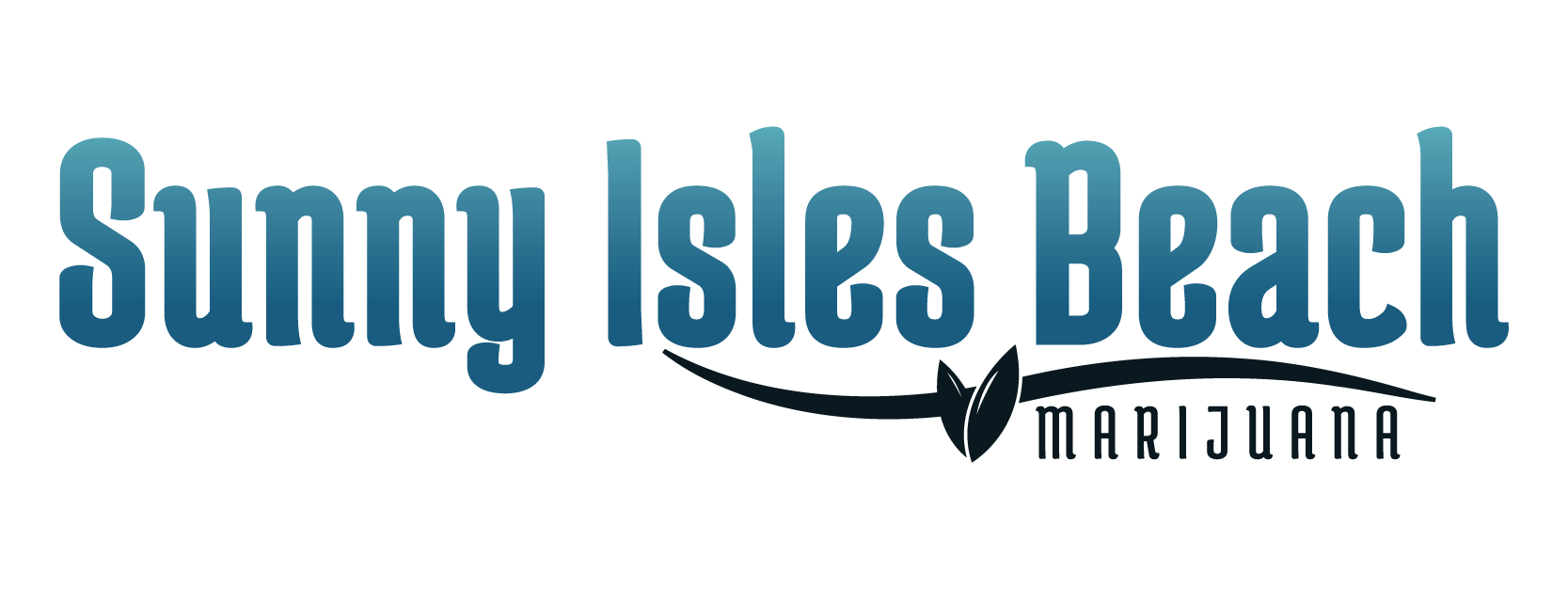Cannabis culture is quietly but unmistakably taking root in Sunny Isles Beach. While Florida remains a medical-only state, the city’s blend of affluent residents, international visitors, and proximity to multiple licensed dispensaries in neighboring municipalities has created a steady, year-round demand signal—and a nuanced policy environment that locals and visitors must understand. Florida’s Office of Medical Marijuana Use continues to expand patient access statewide; legislative analysis this spring put the number of qualified patients at over 900,000, underscoring how normalized medical cannabis has become across the state.
Sunny Isles Beach sits inside Miami-Dade County, where the civil citation framework for simple possession (20 grams or less) has, for a decade, offered officers an option other than arrest—typically a $100 citation or community service. That shift, adopted countywide and mirrored in nearby cities, lowered the stakes for low-level possession and helped reduce the criminal justice footprint around cannabis, even as state law still treats non-medical possession as a crime.
Yet “normalization” has not meant a free-for-all. Public consumption remains prohibited in nearby Miami Beach, and the city has tightened enforcement during peak tourism periods, a reminder that behavior—not just possession—draws scrutiny in coastal communities. For Sunny Isles Beach residents who spend weekends on Collins Avenue or venture south for events, that boundary matters. The mixed signals—medical access expanding on one hand, visible public-use restrictions on the other—have shaped a culture that is largely private, medical, and home-centered.
Economically, Florida’s medical market is already a national heavyweight. Industry analysts projected more than $2 billion in dispensary sales for 2024, and early-year data this year pointed to robust momentum, helping explain the density of nearby storefronts in Aventura, North Miami Beach, and Hallandale Beach that serve Sunny Isles patients via in-store and delivery channels. That retail gravity—paired with Miami-Dade’s tourism engine—has made the barrier island a quiet beneficiary of cannabis spending without hosting a large footprint of its own outlets.
Culturally, the city’s residents describe a shift from stigma to discretion. Professionals and older adults—many snowbirds—cite sleep, pain, and stress relief as primary drivers, echoing statewide patient patterns. Local HOAs and luxury condo boards often set the tone, permitting medical use at home while policing smoke, odor, and nuisance—pushing demand toward low-odor forms like edibles and vapes. Meanwhile, wellness-oriented retailers and delivery platforms have adapted with education-forward menus, dosage guides, and product tracking that align with Florida’s regulated supply chain.
For visitors, the takeaway is straightforward: medical cannabis is legal for qualified patients; adult-use is not. Non-patients face traditional state penalties for possession, and everyone—patients included—must avoid public consumption and impaired driving. Miami-Dade’s citation option may soften consequences for small amounts, but it is discretionary and does not override state law. The practical result in Sunny Isles Beach is an adult, wellness-framed cannabis culture that lives indoors: private residences, licensed delivery to home addresses, and discreet, compliant use.
What happens next will hinge on statewide policy and local governance. If Florida’s patient base continues to climb, Sunny Isles Beach is positioned to see incremental growth in home-delivery volume, condo-level rules clarifying dosage forms and smoking restrictions, and continued investment in education by licensed operators. For now, the city’s cannabis culture is less about neon-lit storefronts and more about quiet normalization—medical, measured, and mindful of the rules that keep a resort community welcoming to all.
Read More: Sunny Isles Beach Awaits the Next Move in Florida’s Marijuana Fight
